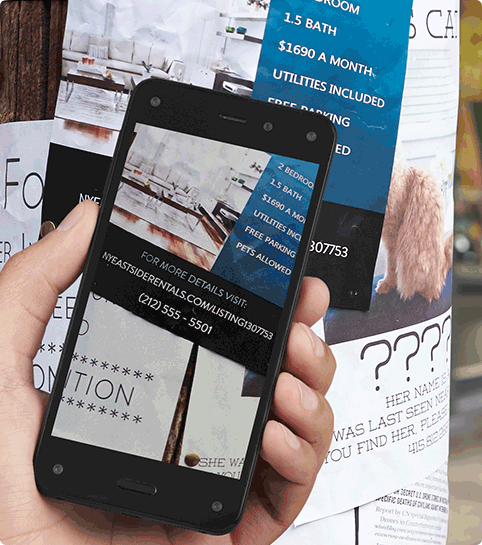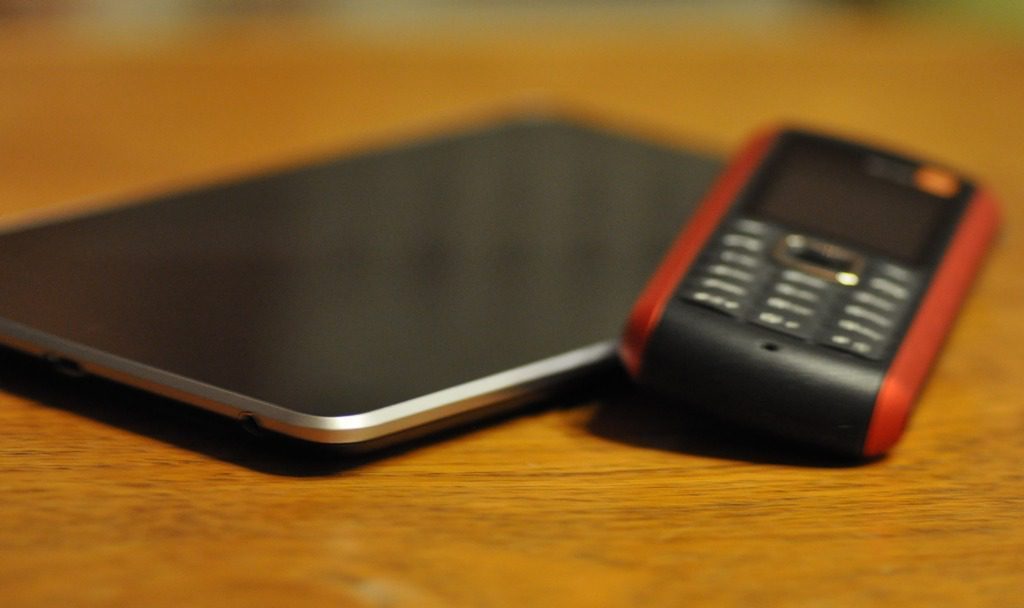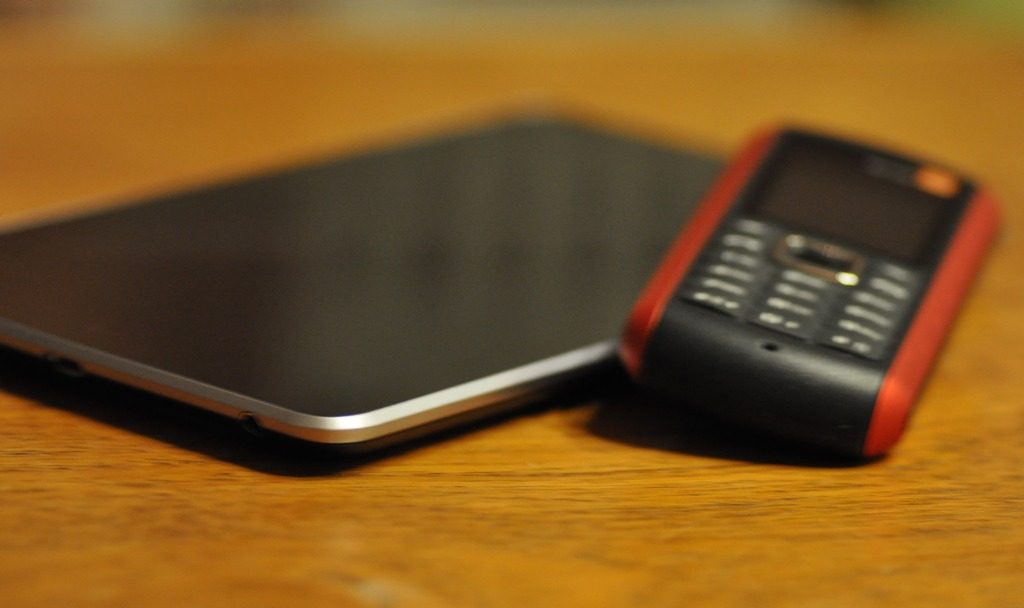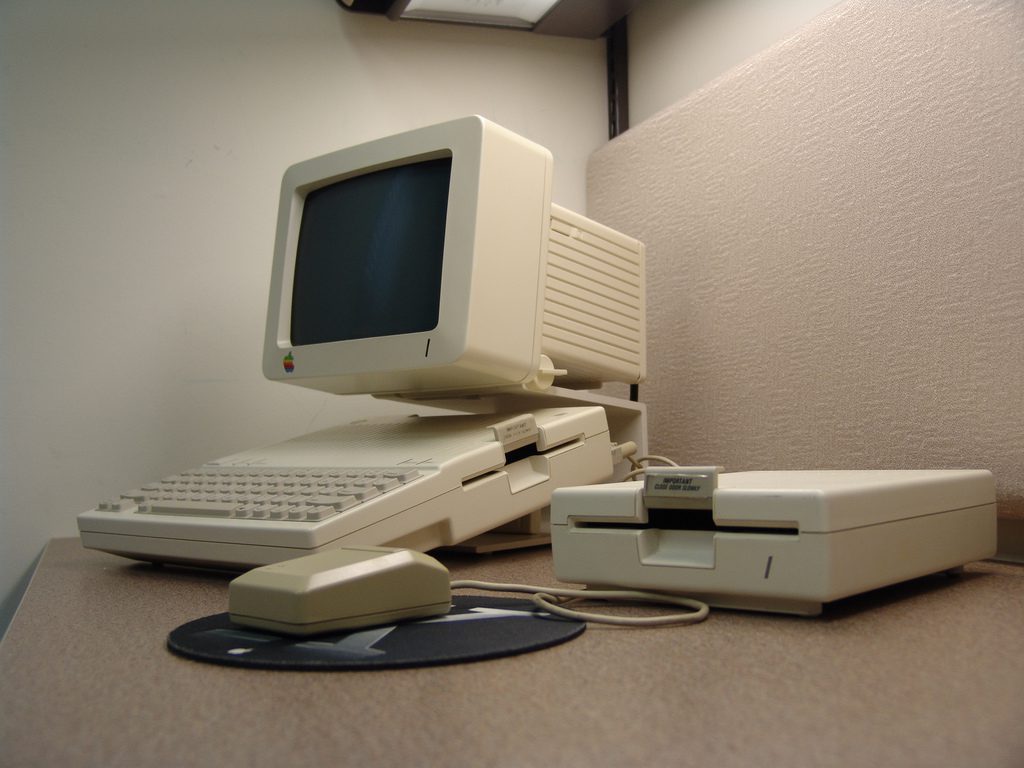It starts on the phone, always. Proximity is key, because it didn’t use to be like this, but today the phone is always there, and it’s an amazing piece of hardware that invites interaction. It also invites distraction, but that’s something you and I must handle ourselves. The phone can’t do it for us, it can only enable whatever it is you want enabled.
Ideas comes at any time, they follow no pattern. They come, because we force them to or by themselves due to something going on in the back of our heads. Processing, stand by please – all done, here’s your lightbulb! You write them down, because ideas are precious. It used to be that you scrambled for pen and paper, or something resembling the two, but no more. Or if you do, it’s because you made a conscious decision to do so, to rely on those particular tools. I get that, it’s understandable because the pen and the paper are wonderful things, borderline mythical in today’s society. We buy our pens and notebooks, we might even subscribe to them, because they are precious to us. A relic of a notion of a concept of yore.
The phone is always there, waiting for you. If you’re organized and structured, then the same might be universally true for your pen and notebook, but I doubt it. Most of us wouldn’t leave the phone out of reach. It’s always there. The notebook can be forgotten. Not so the phone.
Ideas come when they come. Forced, as in invited through focused thinking, meditation, or with a blank mind, it matters little. They come, and you don’t want them to slip away. Write them down, process them by formulating the words, refine and save. The idea is safe, you haven’t lost it which is fortunate, because it might be a good one. You never know, not really, at that point in time. Like words, ideas must stew to validate themselves.
Keeping an idea in your head for a longer period of time might not be the best way to get distance to it, to enable you to look at the idea from a different point of view. It’s not just time that changes between an idea’s inception and its final judgment. All ideas must be judged, or validated if you prefer, and then it’s up to you to decide what you’ll do with it. Give it away, exploit it, set it free – your call. But judge it you must, how else will you figure out if it’s a good idea, or a bad one? The criteria will be different for different ideas, but the stewing won’t be. You’ll give the idea time, but you – as in, you – will also change from the idea’s inception, to its judgment. Your life will change your disposition, large or small, things will have happened. A good dinner, having a headache, reading something profound, all these things are part of the stewing. Likewise, big things in your life will matter too, horrible things and good things. Happiness, depression, hurt and heartache, all matter come judgment day.
You look at the idea. Is it still a good one? Has it changed, evolved, since you wrote it down? Only you will know. Maybe you’ll revise it again, and let it stew for a little while longer. Maybe circumstances have made it obsolete, or crucial, or boring, or whatever else might be. Things tend to happen, to change.
You’ll have more ideas, better and newer ones. They come from nowhere or somewhere, and when they do you need to write them down. You reach for your phone, it’s sitting there on the table beside the coffee cup, or on the desk, or by your bedside, or waiting in your pocket. You pick it up and write down your idea, revise it. It’s started again, it’s there, ready to stew and be judged.




